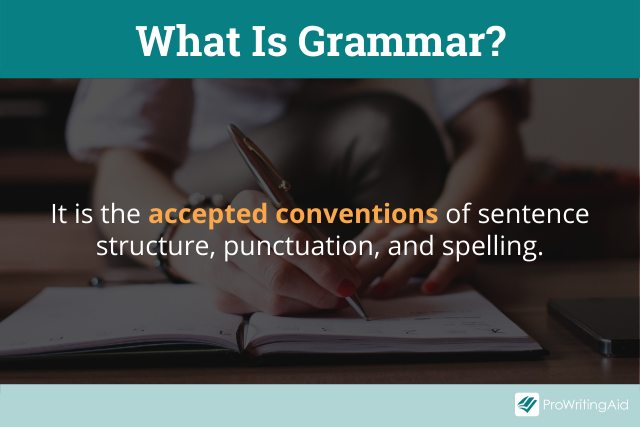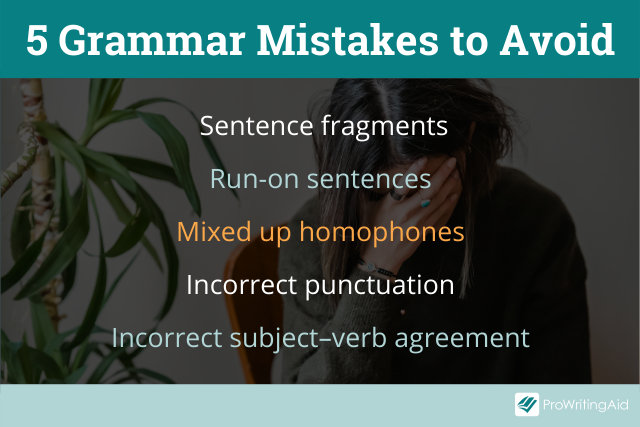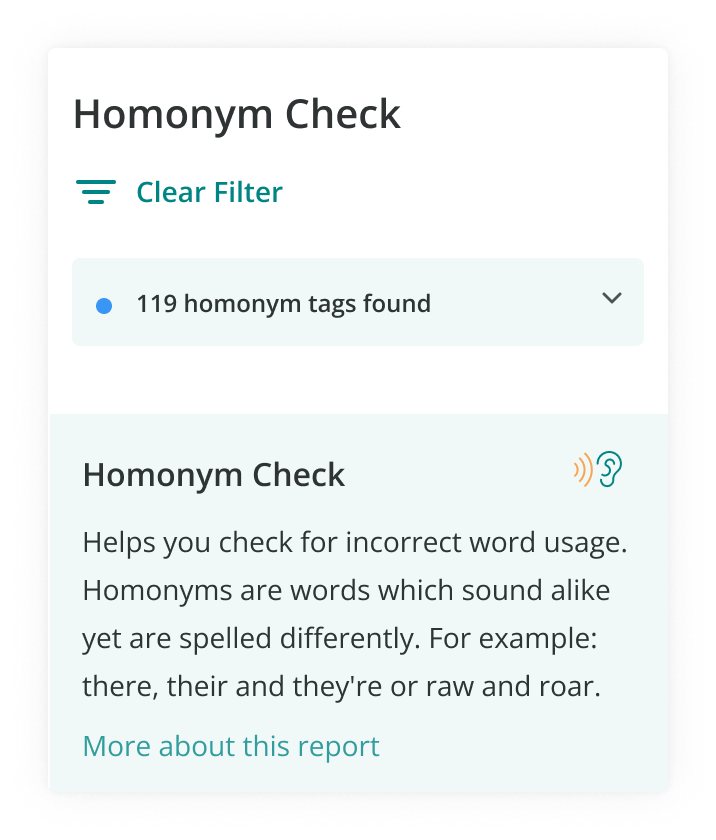
Have you ever wondered why you should care about grammar? Why bother with good grammar once you’re done writing essays for school?
As the world becomes more digitally connected, good grammar is more important than ever.
What Is “Good Grammar?”
What do we mean by “good grammar?” Proper grammar follows the accepted conventions of sentence structure, punctuation, and spelling.
Grammar applies to both written and spoken language, but today we’re focusing on written grammar skills.

Using correct grammar means following the rules of English.
There are a lot of rules, and they often change, but the basics stay the same. Knowing these basic rules, and using them correctly, is the key to proper grammar.
What’s the Purpose of Grammar?
Grammar exists to make communication easier.
It’s a way to standardize how we use the English language, which cuts down on communication errors. Poor grammar leads to confusion and misunderstandings.

Everything is online these days, which means people are constantly reading. From email and social media to news articles and online learning, we are using written language more than ever.
This means the chance for misunderstandings is even higher. Good grammar builds bridges by making effective communication easier.
Thankfully, as the world becomes more connected through the internet, we now have technology to help us avoid grammatical errors.
We believe good grammar is so important that our grammar checker will always be free.
5 Reasons Why Grammar Is Important

Here are five good reasons why you need strong grammar skills.
You’ll notice that all five reasons have an underlying thread: effective communication.
Let’s take a look at some of the most important ways that proper grammar aids effective communication.
1) Clarity in Communication
The most important aspect of communication is clarity. Grammar rules exist to improve clarity. Mixing up similar words, or using run-on sentences, can leave your audience confused.
Clarity is especially important in email, social media, and messaging platforms. When grammar mistakes cause unclear communication, it wastes time because you need to explain yourself all over again.
If you’re giving instructions, your audience may do something wrong because they misunderstood. This may lead to an unnecessary argument caused by poor communication skills.
Using correct grammar won’t eliminate every miscommunication in your life, but it will drastically cut down on them. Correct grammar allows you to say what you need to say, clearly, the first time.
2) Accessibility
Good grammar improves accessibility.
Not everyone reads on the same level. Learning disabilities like dyslexia can make reading comprehension difficult, but correct grammar makes writing easier to understand.
Assistive technologies that read text out loud also work much better when grammar is used correctly.
Readability is an essential part of accessibility, even for people without learning disabilities. Readability scores, like the ones used in our Readability Report, can help you reach an average reading level that the majority of people can understand.
A recommended readability score for most audiences is a US grade 7. Improving your grammar is the quickest way to improve a readability score.

3) Global Connection
For writing to be truly accessible, it has to be understandable for non-native English speakers as well as native ones.
When we learn other languages, we learn proper grammar; it takes a much higher level of fluency to interpret incorrect grammar.
By writing with good grammar, you ensure that non-native speakers have a higher chance of understanding you.
That’s the power of language and grammar: we can connect with people from across the world who speak many languages. Grammar rules make this connection easier.
4) Good Impressions
In any situation where you need to make a good impression, correct grammar will help, which is especially true in professional and academic settings.
Don’t discount the importance of cultural dialects. Even dialects follow grammatical patterns. But these grammatical patterns and rules don’t always line up with standard English grammar.
In professional situations, aim to use standard English grammar rules.
Using good grammar also shows attention to detail.
This is a highly valued professional skill, and when you send a cover letter or other important document that has exceptional grammar, it makes you stand out from the masses.
5) Make Your Words Matter

We’ve covered how grammar is crucial for clarity, but grammar also helps your words make an impact.
Grammatical patterns can help you emphasize ideas, evoke emotions, and entertain your audience. Playing with syntax and word order is how you can take your writing from drab to exciting.
Basic Grammar Skills to Remember
Let’s take a look at some of the most common grammar mistakes in writing.

- Sentence fragments
- Run-on sentences
- Incorrect subject–verb agreement
- Mixed up homophones
- Incorrect punctuation
Sentence fragments are very common errors. Every sentence must have a subject and a verb. If it doesn’t have both, it’s a sentence fragment. A sentence fragment does not express a complete thought.
In contrast, run-on sentences have too many subjects and verbs.
They occur when too many independent and dependent clauses are not correctly linked with punctuation. They’re hard to read because there are no breaks in the train of thought.
Subject–verb agreement means that the verb ending should match the subject in both point-of-view and number.
In other words, don’t use a third-person singular verb if your subject is first person plural. Here’s what this might look like:
Incorrect: We knows the muffin man.
Correct: We know the muffin man.
Mixed up homophones are another egregious error. Homophones are words that sound the same but have different meanings and spellings.
Some of the most common homophones that people mix up are: your/you’re, then/than, to/two/too, there/their/they’re.
ProWritingAid’s Homonym Report can ensure that you are using the correct word every time.

Incorrect punctuation is another thing to avoid. Always end your declarative sentences with periods, your questions with question marks, and your exclamatory statements with exclamation points.
If you write a quote, use both opening and closing quotation marks. Be mindful of commas: don’t overuse them.
Conclusion: Why Your Grammar Matters
Your words represent your thoughts and ideas. Writing is how we interact with other people when we can’t be face to face. Because the written word has so much power, grammar matters.
Don’t think of grammar as a vicious red pen or a pedantic teacher out to get you.
Think of grammar as the set of tools which help you communicate as clearly and effectively as possible. Grammar is there to enhance your communication, not inhibit it.
And if many grammar guidelines still elude you, ProWritingAid has you covered.


